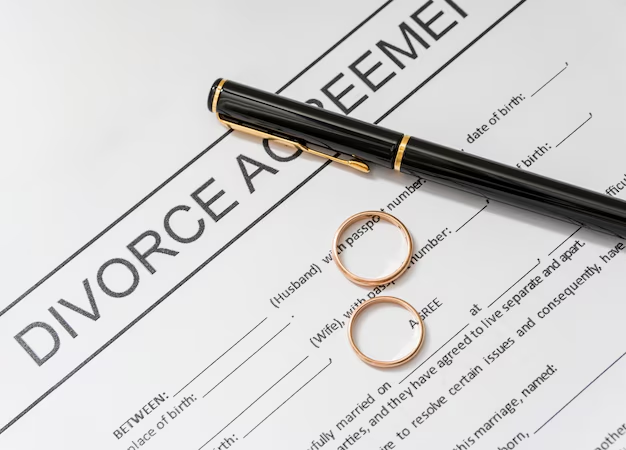
IS IT NECESSARY TO OBTAIN THE PROBATE OF A WILL ?
IS IT NECESSARY TO OBTAIN THE PROBATE OF A WILL ?
Probate is defined under the Indian succession Act 1925 as – “A copy of will certified under the seal of the court of competent jurisdiction with a grant of administration of the estate of the testator” probate can be granted only to the executor of the will.
It is necessary if the will is for immovable assest in multiple states. Probate is conclusive proof that the will was executed validly is genuine and is the deceased last will.
Probate is necessary when an estate assest are solely in the name of the deceased person. Probate of a will is necessary to transfer the estate property into the name of the beneficiaries.
What are the circumstances under which probate is mandatory?
Under the Indian succession Act 1925, probate is mandatory when all the below condition are fulfilled- A will within the geographical limits of the state of west Bengal and municipal limit of the metro cities of Chennai and Mumbai. The will is made a hindu,Jain,Sikh or Buddhist residing in the state of west Bengal ,Chennai or Mumbai. Although the probate of the will is not mandatory in all other cases, it is advisable to obtain probate in cases where there is a probability of the validity of the will being challenged on any ground in the future.
Probate is not mandatory in India, which means that you can transfer property without it. The main benefit of having probate processed through a legal representative is that it speeds up the process considerably.
CAN I OBTAIN PROBATE BEFORE THE DEATH OF TESTATOR ?
A will cannot be probated before the death of the person making the will. The executor of the will should file for probate only upon the death of the testator (maker) of the will. Only the executor of the Will can file for probate in court after the testator’s death to certify its validity.
HOW CAN I CHALLENGE A WILL
We can say that, it is very difficult to challenge a will. Commonly most of the wills pass through without being challenged. Seen by the courts as the voice of the testator or the will-maker, who is no longer there to defend himself, courts stick stringently to wills. But, if you have an interest in the will, you can challenge it. And, if you are successful in convincing the court, it can be voided in its entire or in part.
The registered Will Is a registered document/deed that can be challenged in the court of law for many reasons like :-
• Fraud, forgery or wrongful influence, A will could be challenged if it is proved that it was prepared by forgery, fraud, or criminal influence by an outsider that overpowers the Will to bargain because of the manipulator.The Individual challenging the Will is obligated to prove that the will-maker could have been deceived into signing the document if it was prepared as a result of any deceitful act.
• Absence of testamentary capacity :- According to the general bylaws, only adults 18 years or above qualify as a Will creator as they possess the testamentary capacity. To legally oppose the Will on the ground of lack of mental well-being, one must be able to prove that while preparing the Will, the concerned person was unaware of is a repercussion. .An individual having testamentary capacity will comprehend the value & nature of his/her assets and the legal effect of signing a will.
• Absence of testamentary intention :- A will can be disputed in a court if it can be proved that the will-maker has not intended to prepare a Will.
• Lack of due execution: A valid Will must be in writing and duly signed by the testator. It must be done in the presence of two witnesses, who are required to attest the Will. If the process is not adhere to, a Will can be challenged.
• Claims by family: A family member can challenge a Will if it can be proven that they were not provided for satisfactorily in the Will.
The Bombay High Court simply outlined the authority of a testamentary court in Balan Alias Balendu Jayant Sawant v/s. I.K. Agencies Pvt. Ltd. According to the law of testamentary succession, no matter what property is being bequeathed in a will, it does not have to be determined who owns it. This court’s only job is to determine if the deceased was of sound mind and capable of making a will and to ensure that the will is in line with the law. It only matters whether or not a person’s will is their final testamentary instrument, whether or not they were in a sound state of mind when they created it, and whether or not the will was properly executed and witnessed as required by law.
The Grant of Probate empowers the personal representative to handle the deceased’s estate. With a Grant of Probate, you will be allowed to act in the deceased’s place.
For any legal queries, kindly reach us at: +91-9717705300 or visit us at www.calculuslegal.com


